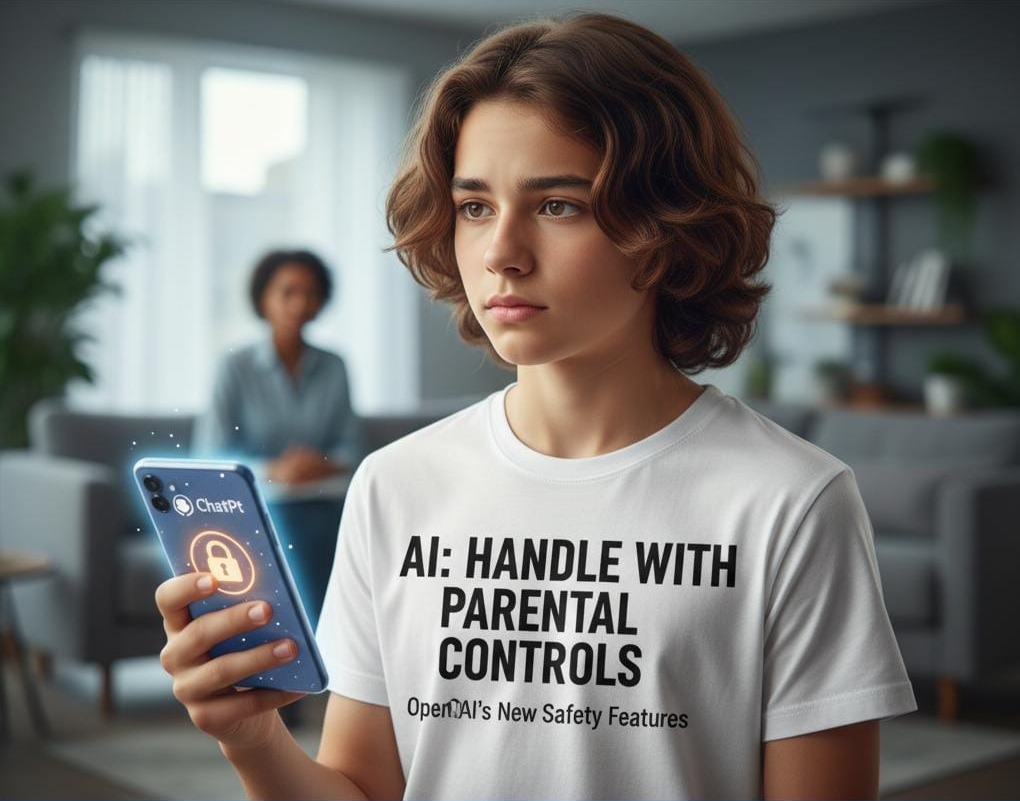
OpenAI, the company behind the widely popular chatbot ChatGPT, has rolled out a suite of new parental controls designed to address growing concerns about younger users accessing the artificial intelligence service. The update comes after months of intense scrutiny and mounting pressure from regulators and user safety advocates worldwide.
The move is especially significant given that ChatGPT's user base now spans over 700 million, a figure it reached since its launch in late 2022. While the service is officially intended for users 13 and older, the accessibility and nature of the chatbot have made it a topic of hot debate, particularly regarding its use by pre-teens and younger adolescents.
The new controls are accessible through ChatGPT's settings and allow parents to set the hours when their child cannot use the service. This feature provides a practical tool for parents seeking to manage screen time and ensure the chatbot is not a distraction during critical times like school or sleep.
Furthermore, the controls enable parents to access and review all of their child's conversations through ChatGPT's settings. This transparency is key. It allows parents to monitor the nature of the interactions their children are having with the AI, making it easier to identify and address any potentially harmful or inappropriate exchanges. The controls also allow a parent to determine whether they want the tools to allow children to use the voice mode of the chatbot or send or receive images. This granular control over specific features adds a layer of safety, allowing parents to tailor the experience to their child's maturity and their family's comfort level.
Regulatory and Legal Pressure Spurs Action
The impetus for these changes is clear. OpenAI has been working to strike a delicate balance between innovation and user safety, all while navigating a complex regulatory landscape. The company has publicly stated it is dedicated to protecting a user's privacy and anonymity, a commitment that will now extend to how the company plans on managing and using a user's data when the parental controls are in place.
The urgency was amplified by legal and public relations challenges. A recent incident involved the tragic death of a high school student in August in California. The death was linked to a lawsuit filed against OpenAI and its executive officers, including CEO Sam Altman, a move that undoubtedly intensified the focus on the company's existing safety measures. Moreover, reports about the chatbot's potential to generate content unsuitable for those under 18 have consistently fueled the demand for more robust protections.
Safeguarding the Digital Generation
Jonas, OpenAI's head of youth safety, explained the reasoning behind the new features. He noted the company is seeking to "help keep things safe and simple for families." He stressed the importance of timely communication, stating that parents can now receive email or text notifications immediately upon a child attempting to use the service outside of the permitted hours or upon any activity that might trigger a warning flag within the system. These alerts are essential for immediate intervention.
The new measures are a step toward making ChatGPT a more secure tool for young people. While OpenAI continues to innovate and expand the capabilities of its AI, the introduction of these parental controls signals a clear prioritization of user safety, a necessity as AI becomes an increasingly integrated part of daily life for the next generation. The burden of safety, however, remains a partnership. It is up to parents to actively use these new tools, monitor their children’s interactions, and ensure the chatbot is a beneficial and supervised resource, not a source of risk.





















